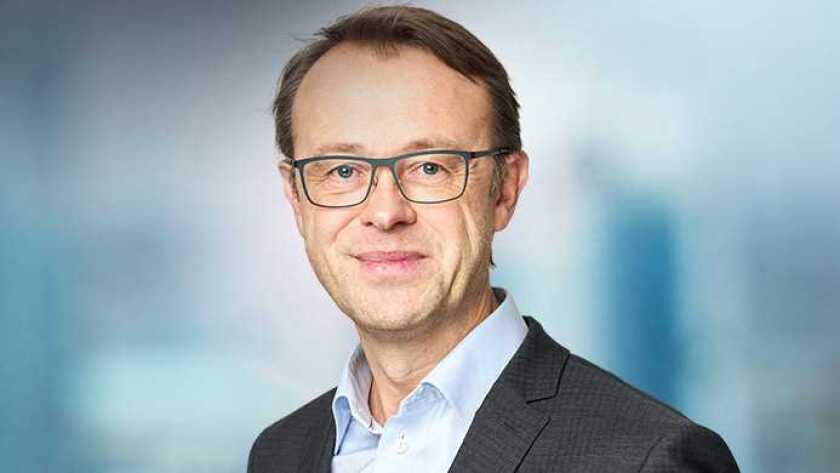At the same time Reuters revealed yesterday that the Ericsson and Nokia kit would replace existing Huawei systems in what Orange Belgium and Proximus plan to be a shared network for Belgium.
Orange Belgium said today that it has selected Nokia for its future mobile radio network, progressing its existing 2G/3G/4G mobile network and for the roll-out of 5G.
On the same day Proximus – formerly Belgacom – said it has chosen Ericsson to implement a new 5G core network on its cloud infrastructure. The cloud-native solution is based on Ericsson’s dual-mode 5G Core, which will also be used for the renewal of the 4G network.
Reuters said its sources said the operators had faced political pressure to drop Huawei as a supplier following US accusations that Huawei’s gear could be used for spying by Beijing – a claim Huawei has always denied.
Orange Luxembourg, a subsidiary of Orange Belgium, will also use Nokia for the deployment of its 5G network in grand duchy, an independent country that is one of the smallest members of the EU.
In a first step, Orange Belgium said its 5G radio network will be associated with its existing core network, provided by Ericsson, which is already able to work with the 5G radio infrastructure.
Only a few months ago Orange Belgium told Capacity about a private 5G network that it is operating for the port of Antwerp. This trial 5G business-to-business network, using ZTE equipment, spreads for 150 square kilometres on both sides of the estuary of the River Scheldt.
Geert Standaert (pictured), chief of the network business unit of Proximus, said: “The decision to collaborate with Ericsson is an important step in the execution of our network strategy. Proximus is committed to building the best gigabit network for Belgium, and the renewal of our mobile network equipment is a key element in this strategy for the coming years.”
Xavier Pichon, CEO of Orange Belgium, said: “We are thrilled to start a new partnership with Nokia to roll out a best-in-class, energy-efficient and future-proof mobile radio access network in Belgium, based on the core network provided by Ericsson, in order to ensure the best user experience for residential and business customers, be it on 2G, 3G, 4G or 5G.”
Standaert added: “Together with Ericsson, we will work hard to build a best-in-class, energy-efficient, and future-proof mobile network for the benefit of the entire country.”






